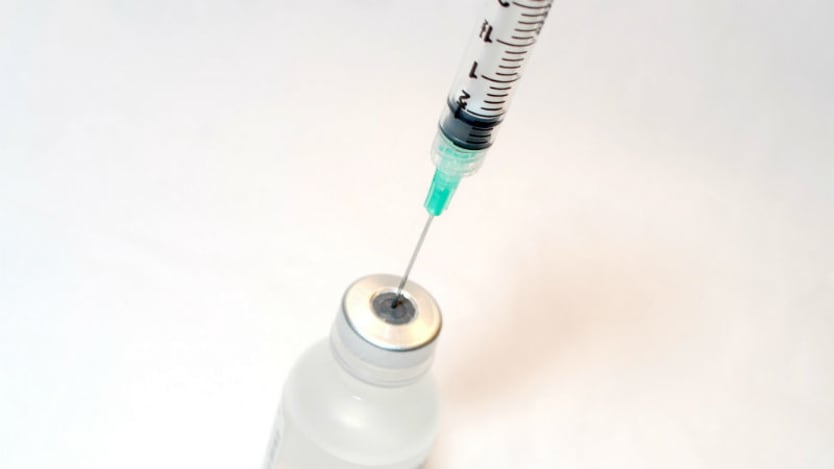
President Donald Trump threatens aid to Pakistan, the World Health Organization approves a breakthrough typhoid treatment, and Egypt calls on the World Bank to mediate a mega-dam dispute. This week in development.
Trump kicked off the New Year with a pledge to cut aid to Pakistan, complaining in a Jan. 1 tweet that in exchange for $33 billion of U.S. assistance, the volatile security partner has “given us nothing but lies & deceit, thinking of our leaders as fools.” A day later U.S. Ambassador to the United Nations Nikki Haley announced that the U.S. will withhold $255 million in aid to Pakistan. The U.S. government had planned to deliver close to $350 million in assistance to the country in 2018, the bulk of which would support “peace and security” efforts. Haley expanded upon Trump’s criticism, accusing Pakistan of working with the U.S. “at times,” and yet also harboring “the terrorists that attack our troops in Afghanistan.”
As 2017 drew to a close, Trump dismissed those members of a federal advisory council on HIV and AIDS who had not already resigned in protest of his policies. While it is not unusual for a president to replace a previous administration’s advisory council members, some of those who were let go complained of the manner and timing of this dismissal, which came unannounced via FedEx. The Presidential Advisory Council on HIV/AIDS website now lists two staffers and no members.
Trump revealed his latest global development appointment on Wednesday, nominating Josephine “Jody” Olsen to be the next director of the Peace Corps. Olsen has held numerous leadership positions with the agency since she first served as a Peace Corps volunteer in Tunisia in 1966, only five years after President John Kennedy launched the overseas voluntary service. Olsen is currently a visiting professor at the University of Maryland-Baltimore School of Social Work.
The World Health Organization announced Wednesday that it has approved a breakthrough vaccine for typhoid that can be given to young children through routine immunization programs. The disease, spread through contaminated food and water, kills up to 160,000 children every year. With the approval, the Indian-made vaccine — called Typbar TCV — is now eligible for procurement by U.N. agencies, such as the United Nations Children’s Fund, and Gavi, the Vaccine Alliance. Gavi has approved $85 million in funding for the TCV vaccines starting in 2019. The approval follows a vaccine “challenge trial,” in which participants willingly ingested live typhoid bacteria to test the efficacy of the new vaccine.
Egypt has proposed that the World Bank help moderate disputes with Ethiopia about the construction of the Grand Renaissance Dam, which would be Africa’s biggest hydro-electric plant. While Ethiopia maintains that the dam is necessary to help improve access to electricity for the 60 million Ethiopian citizens currently without power, Egypt is worried about the impacts the project could have on the country’s water supply. Egyptian Foreign Minister Sameh Shoukry suggested the World Bank could help overcome a 10-month negotiating impasse.
